Beginner Photography Tips
Top 10 Tips for Beginner Photographers
Beginner photographers often ask me: ‘How do I start photography with no experience?’ and ‘Can you give me tips to start as a photographer?’ So, I thought I’ll share my top 10 beginner photography tips for those who are just starting out in the exciting world of photography. Whether you have just purchased your first camera or are planning to delve into this creative world, these suggestions will set you on the path to capturing stunning images.
I am a participant in the Amazon Services LLC Associates Program, an affiliate advertising program designed to provide a means for me to earn fees by linking to Amazon.com and related sites. This post may contain affiliate links, which means I may receive a commission, at no cost to you, for purchases made using my links. Please see my disclosure to learn more.
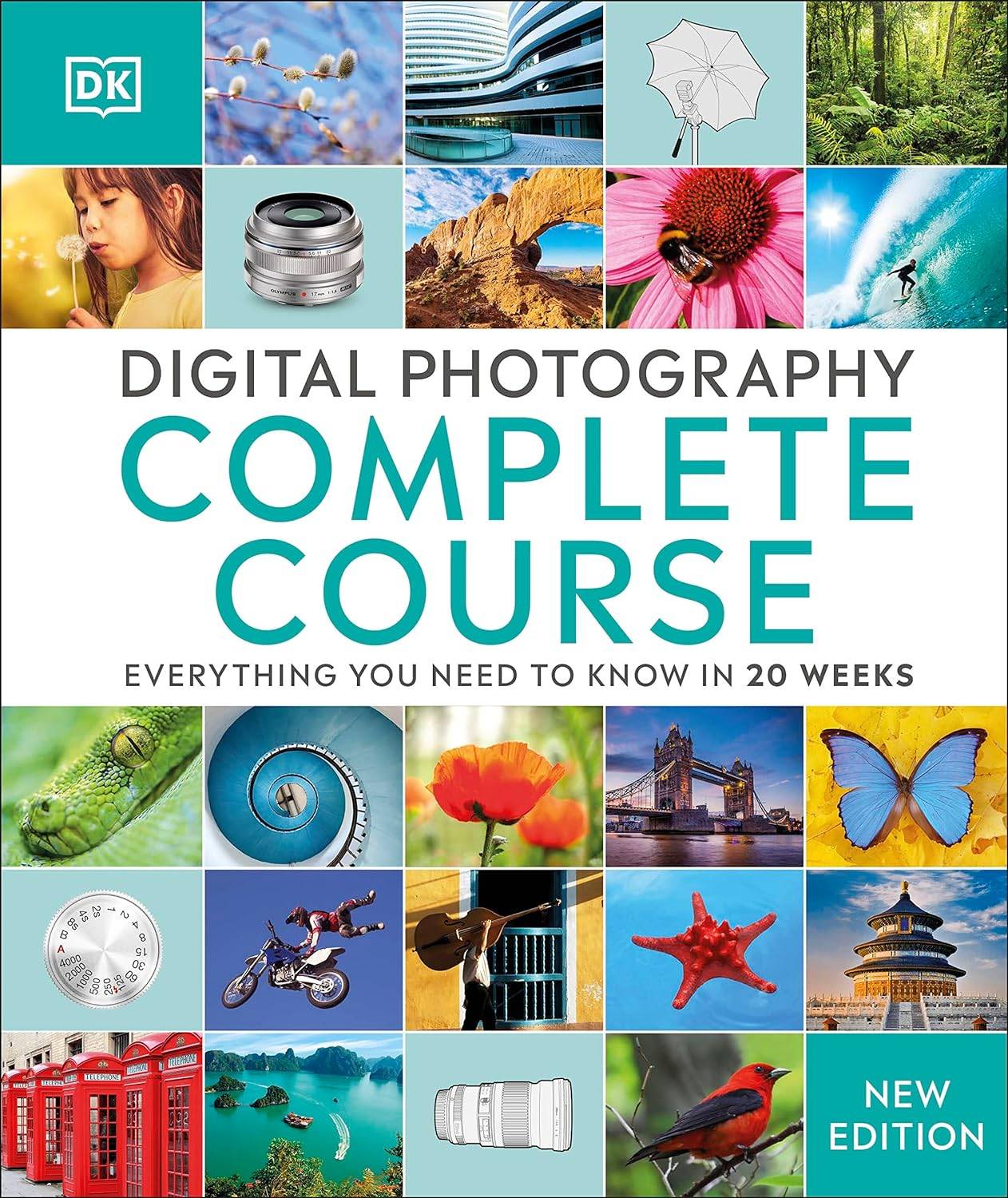
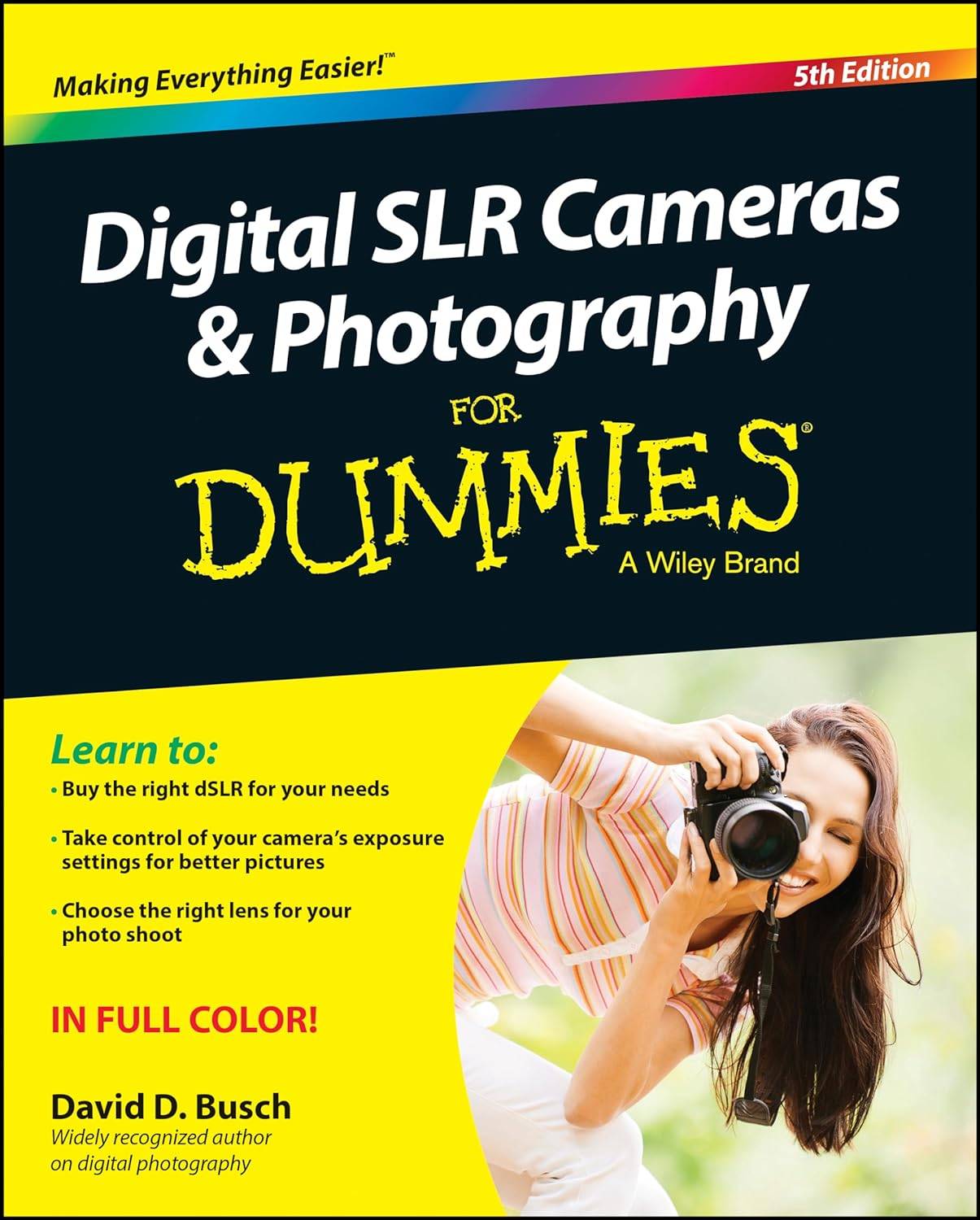
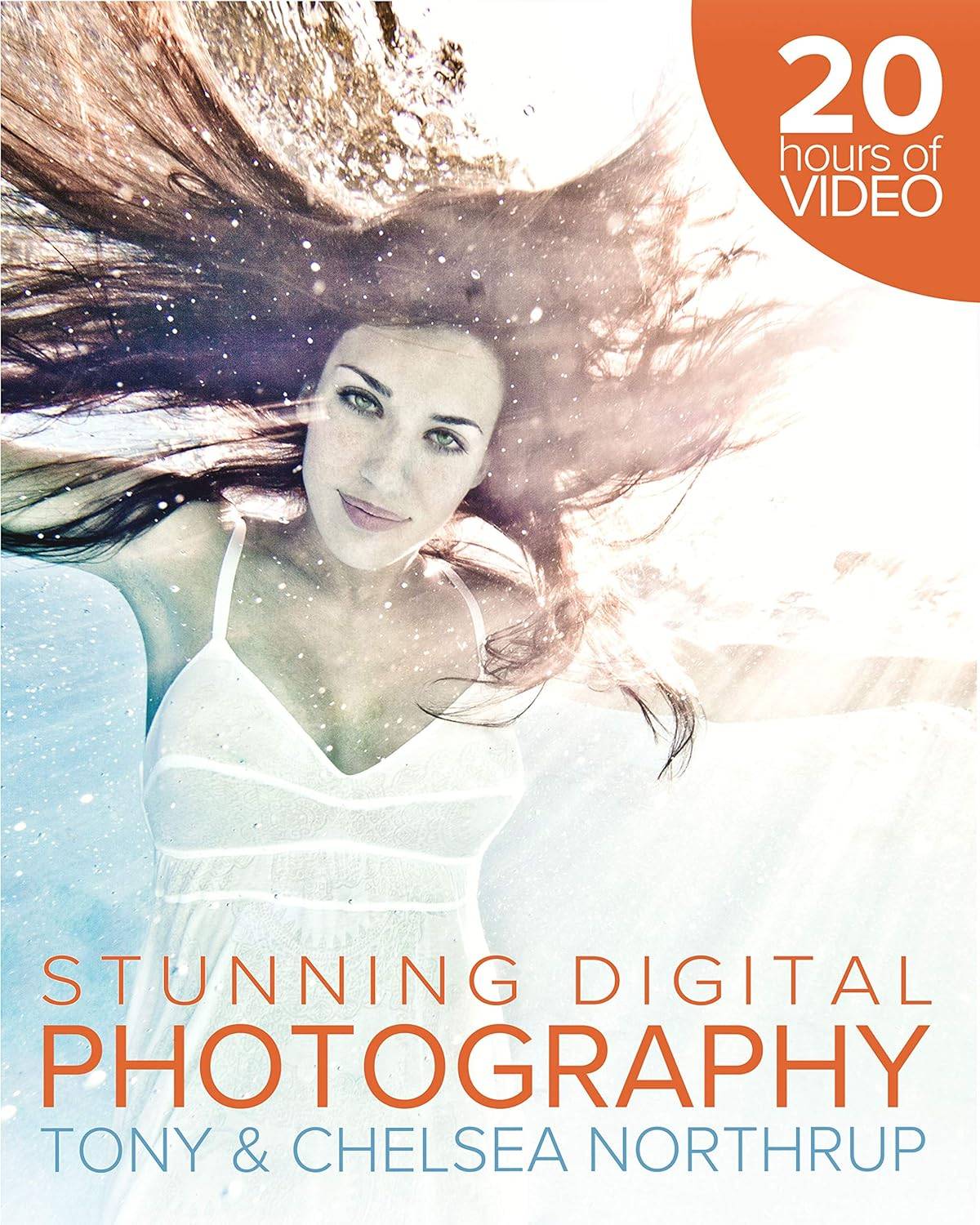
Photography is a powerful medium that allows us to freeze moments, evoke emotions, and tell compelling stories through images. As a beginner photographer, it’s important to grasp the fundamentals and develop a solid foundation.
By following these tips, you will not only improve your technical skills, but also nurture your artistic eye.
1. Invest in a Good Camera
A good camera doesn’t necessarily mean the most expensive one. However, investing in a camera that suits your needs and provides essential features for beginners is crucial. Look for a camera that offers manual controls, interchangeable lenses, and a user-friendly interface. This will give you the flexibility to explore various photography genres and learn the intricacies of capturing stunning images.
2. Understand Camera Settings
To truly unleash the potential of your camera, take the time to understand and experiment with its settings. Key settings such as ISO, aperture, and shutter speed directly impact the outcome of your photographs. Learn how to manipulate these settings to achieve the desired effects. Adjusting the ISO controls the sensitivity to light, while the aperture affects depth of field, and the shutter speed determines motion blur.
3. Learn Composition Techniques
Composition plays a vital role in creating visually appealing photographs. Explore techniques like the rule of thirds, which involves dividing the frame into nine equal parts and placing points of interest along the lines or at their intersections. Experiment with leading lines, framing, and symmetry to add depth and visual interest to your images.
4. Experiment with Lighting
Lighting can make or break a photograph. Understand the different types of lighting, such as natural light and artificial light, and learn how to make the most of each. Take advantage of the golden hour (the first and last hour of sunlight) and the blue hour (shortly before sunrise or after sunset) to capture magical lighting conditions. Additionally, don’t shy away from using shadows creatively to add drama and depth to your images.
5. Master the Basics of Exposure
Exposure refers to the balance between the amount of light entering the camera and the sensitivity of the image sensor. Understanding exposure is crucial for achieving well-lit and properly exposed photographs. Learn to interpret the histogram, which represents the distribution of light and shadows in an image. Experiment with exposure compensation to fine-tune your shots in different lighting conditions.
6. Practice Regularly
Photography, like any other skill, requires consistent practice. Make it a habit to take your camera out regularly and capture a variety of subjects. Challenge yourself by setting goals, trying new techniques, and experimenting with different genres. Embrace the learning process and don’t be discouraged by initial setbacks. With each click of the shutter, you will gain valuable experience and improve your photography skills.
7. Study and Analyze Great Photographs
Learning from the masters is a fantastic way to develop your own style and expand your creative horizons. Study the work of renowned photographers and analyze their composition, use of lighting, and storytelling techniques. Gain inspiration from their work and try to incorporate elements that resonate with you into your own photographs.

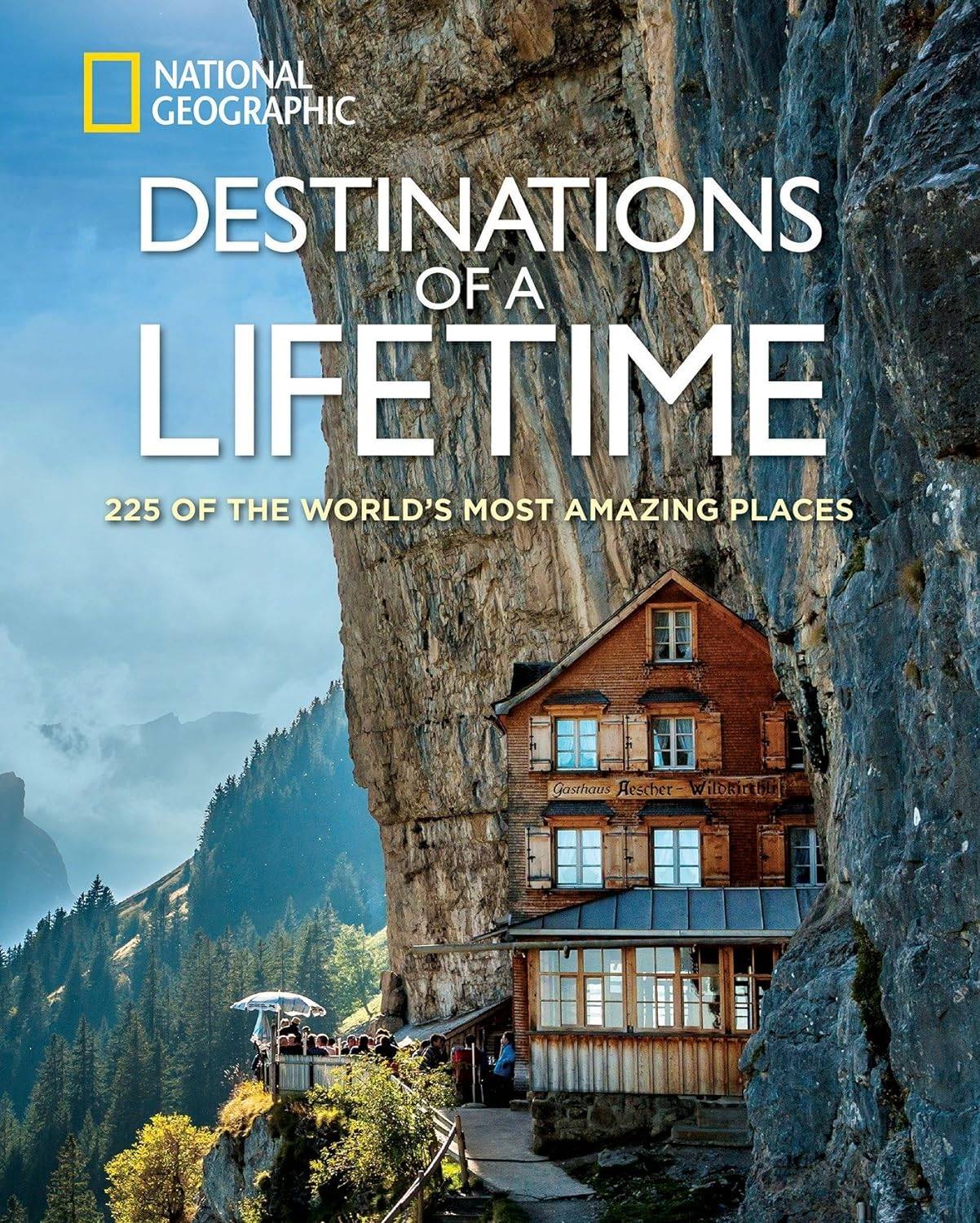
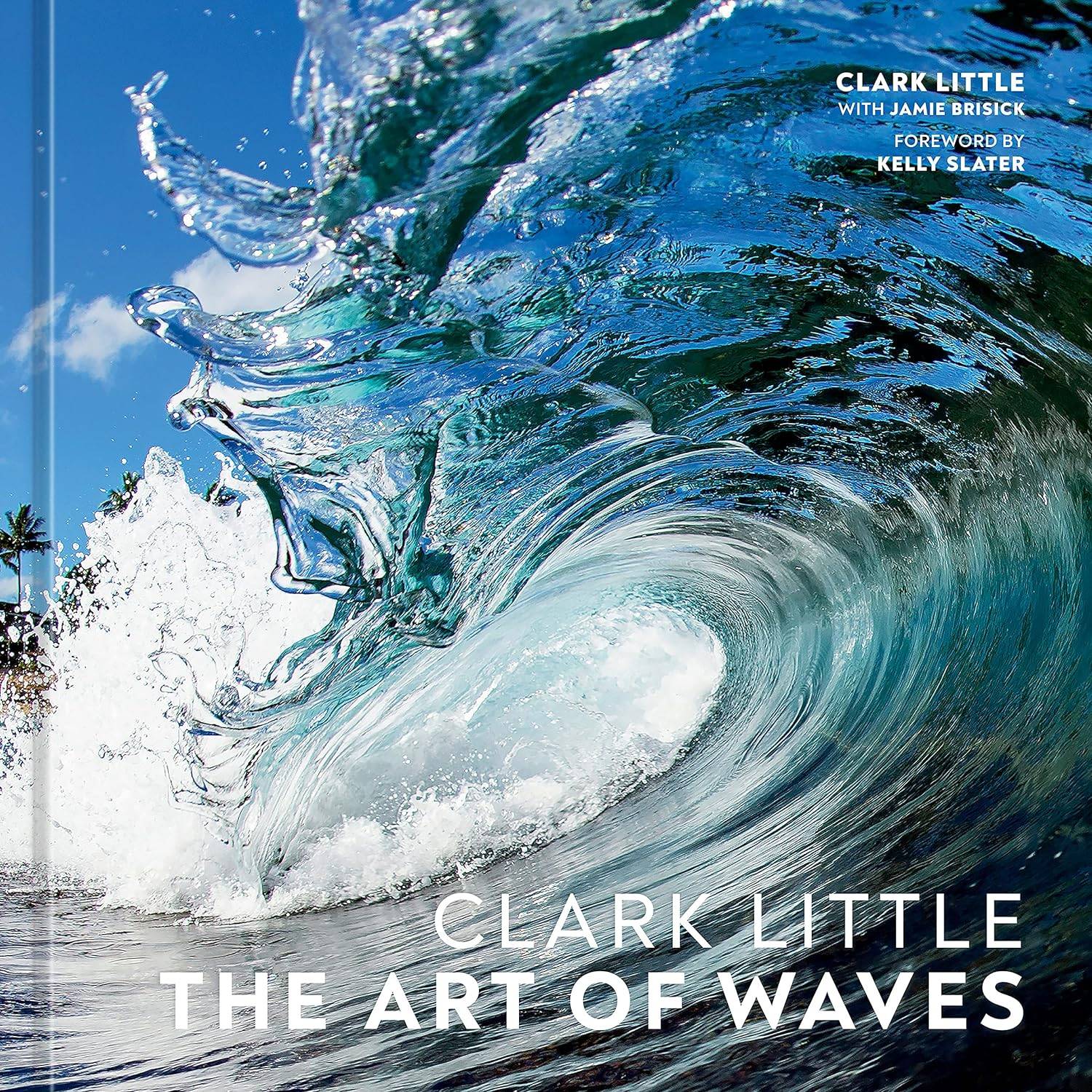
8. Explore Different Genres of Photography
Photography encompasses a wide range of genres, each with its own unique challenges and opportunities. Explore various genres such as landscape photography, portrait photography, street photography, and macro photography. This exploration will help you discover your interests and strengths while honing your skills in different aspects of photography.
9. Edit and Enhance Your Photos
Photo editing is an essential part of the digital photography workflow. Experiment with popular photo editing software to enhance your images. Start with basic editing techniques such as adjusting exposure, cropping, and color correction. Remember, editing should enhance your photos, not drastically alter them. Develop your editing style while maintaining the integrity and authenticity of your original photographs.
10. Join Photography Communities and Workshops
Engaging with fellow photographers is a great way to learn, grow, and find inspiration. Join photography communities both online and offline to connect with like-minded individuals. Participate in workshops, photo walks, and group discussions to gain new perspectives and improve your skills. Networking with other photographers can also open doors to exciting opportunities and collaborations.
Advice for Beginner Photographers – Final Thoughts
There you have it! Beginner photography tips to help you start photography as a hobby or even a lucrative photography job.
Embarking on a journey as a beginner photographer is an exciting and rewarding experience. By following these top 10 tips, you will build a strong foundation and accelerate your progress. Remember to practice regularly, be open to learning from others, and embrace the creative process. With dedication and perseverance, you will capture stunning photographs that tell stories, evoke emotions, and leave a lasting impact.
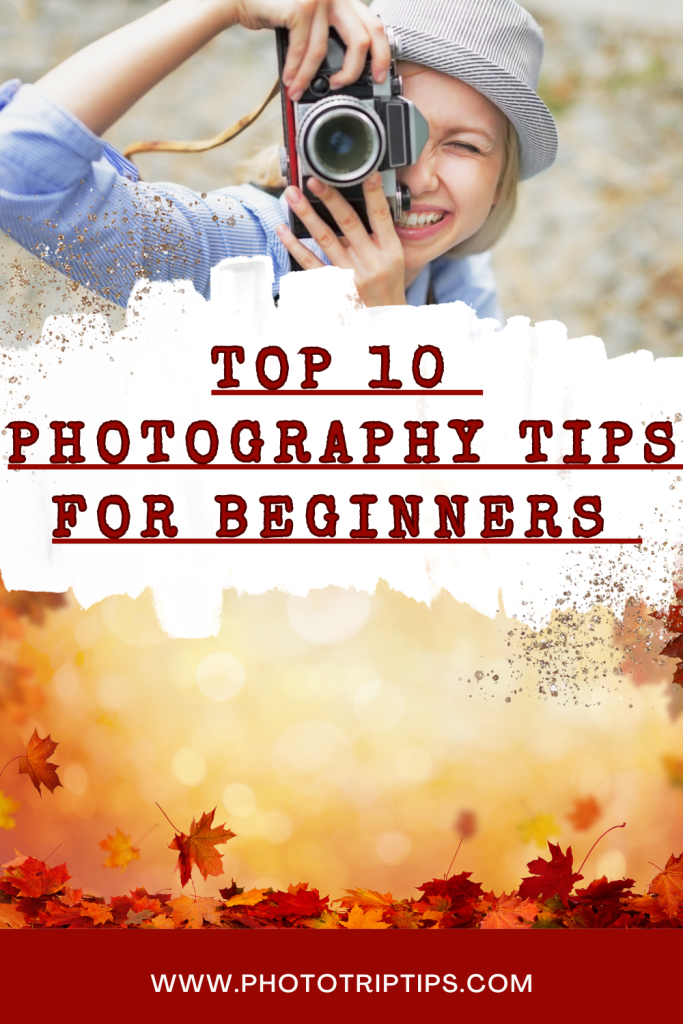
Beginner Photography Tips FAQs
1. Do I need an expensive camera to be a good photographer? No, a good camera doesn’t have to be the most expensive one. It’s more important to choose a camera that suits your needs and offers essential features for beginners.
2. How can I improve my composition skills? Learning and applying composition techniques like the rule of thirds, leading lines, and framing can significantly enhance your photographs. Practice and experimentation are key to developing a strong compositional eye.
3. Should I shoot in RAW or JPEG format? Shooting in RAW format allows for more flexibility during post-processing, as it captures more data. However, it also requires additional editing. JPEG format, on the other hand, is more convenient for immediate sharing but offers less flexibility in post-processing.
4. How can I find my photography style? Finding your photography style takes time and experimentation. Explore different genres, study the work of other photographers, and pay attention to the subjects and techniques that resonate with you. Over time, you will develop a unique style that reflects your artistic vision.
5. What is the best way to get constructive feedback on my photos? Joining photography communities and sharing your work for constructive criticism is an excellent way to receive feedback. Participate in online forums, photography clubs, or workshops where you can engage with experienced photographers who can provide valuable insights and suggestions.

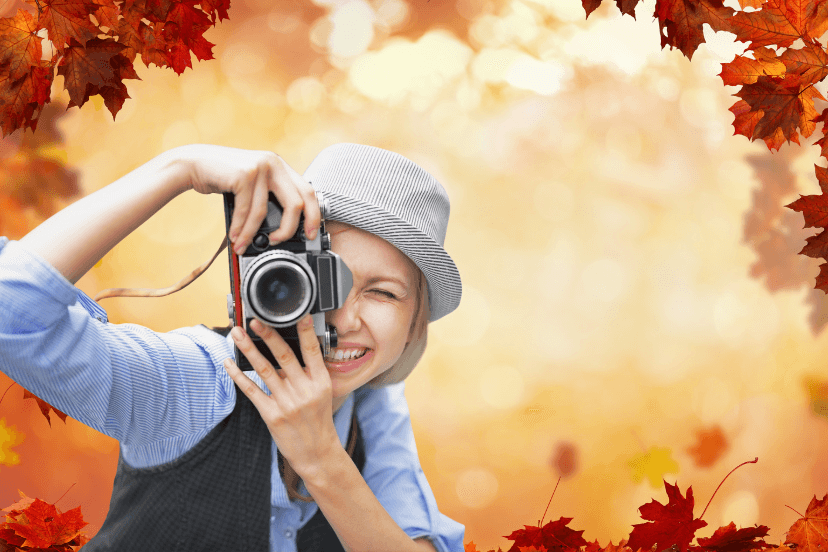
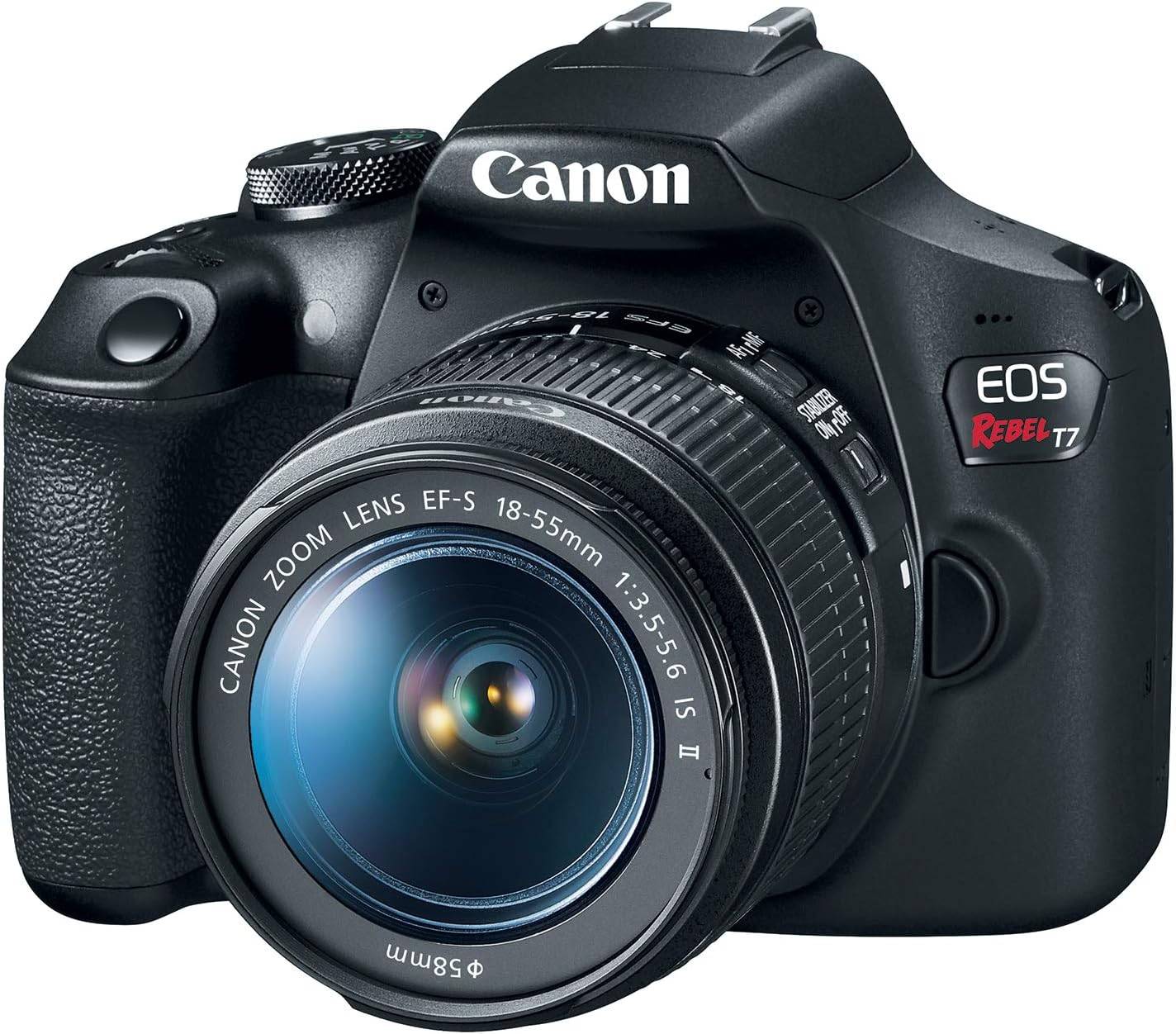
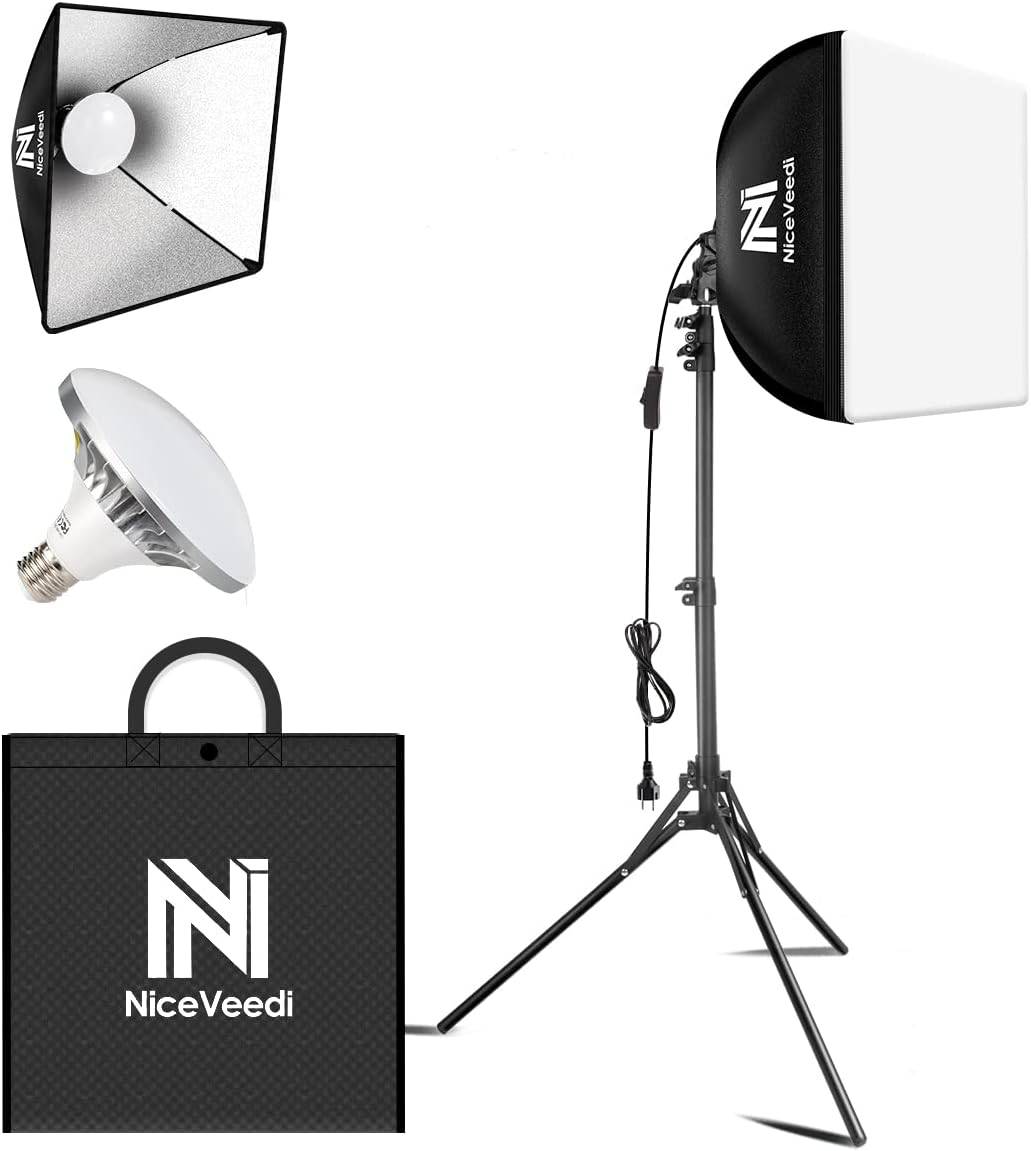

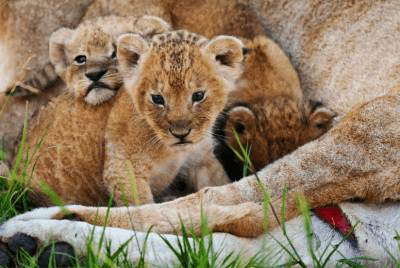
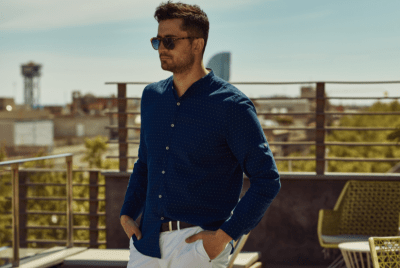
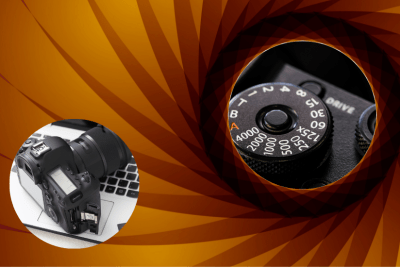

Comments are closed.